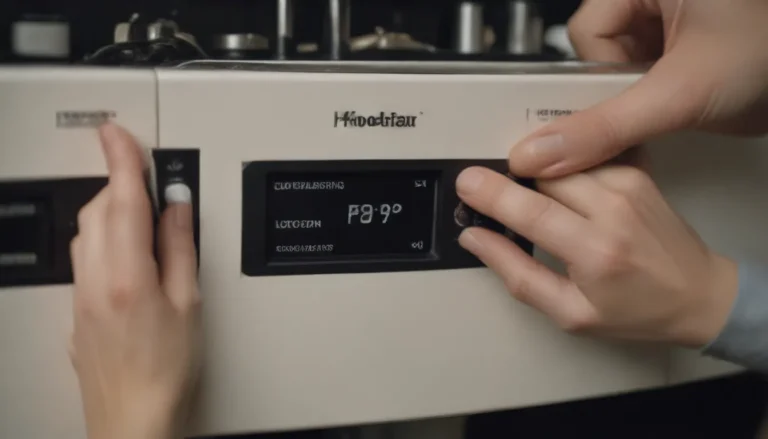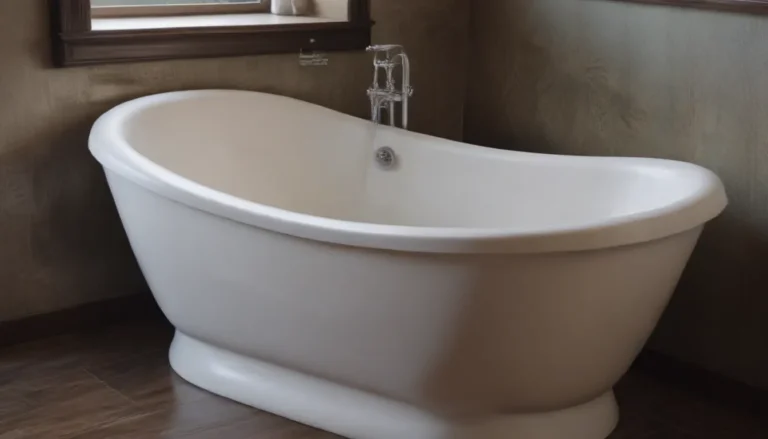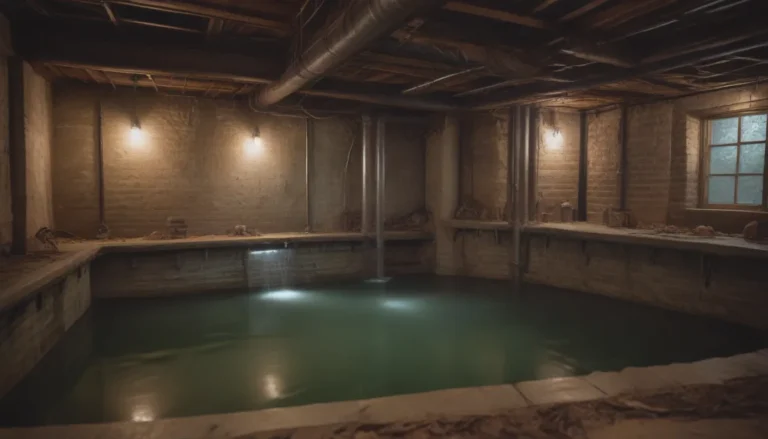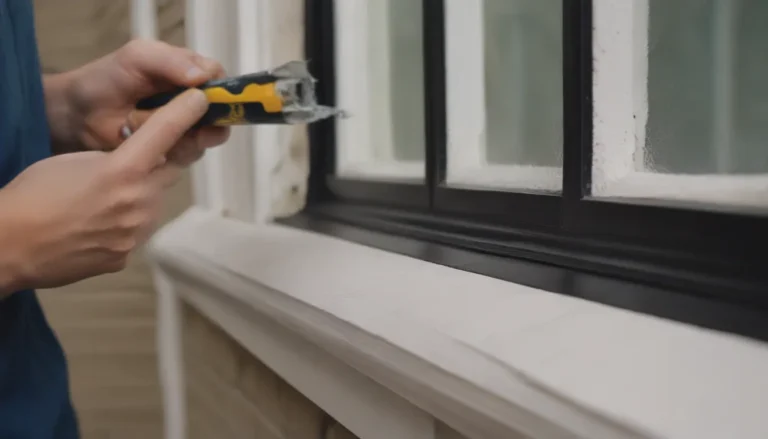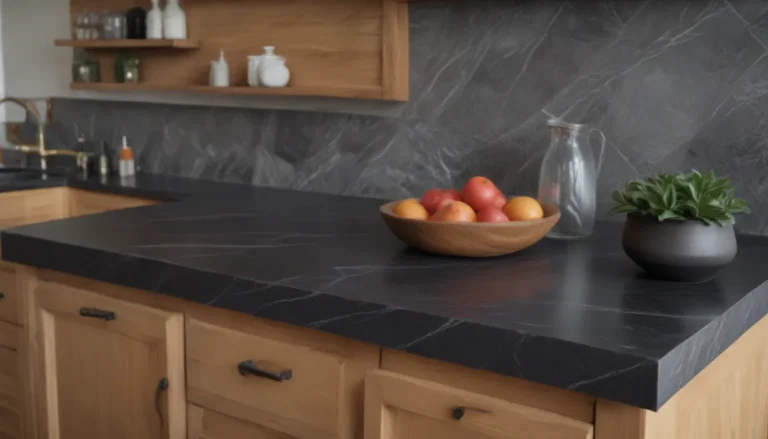A Definitive Guide to Toilet Installation Costs
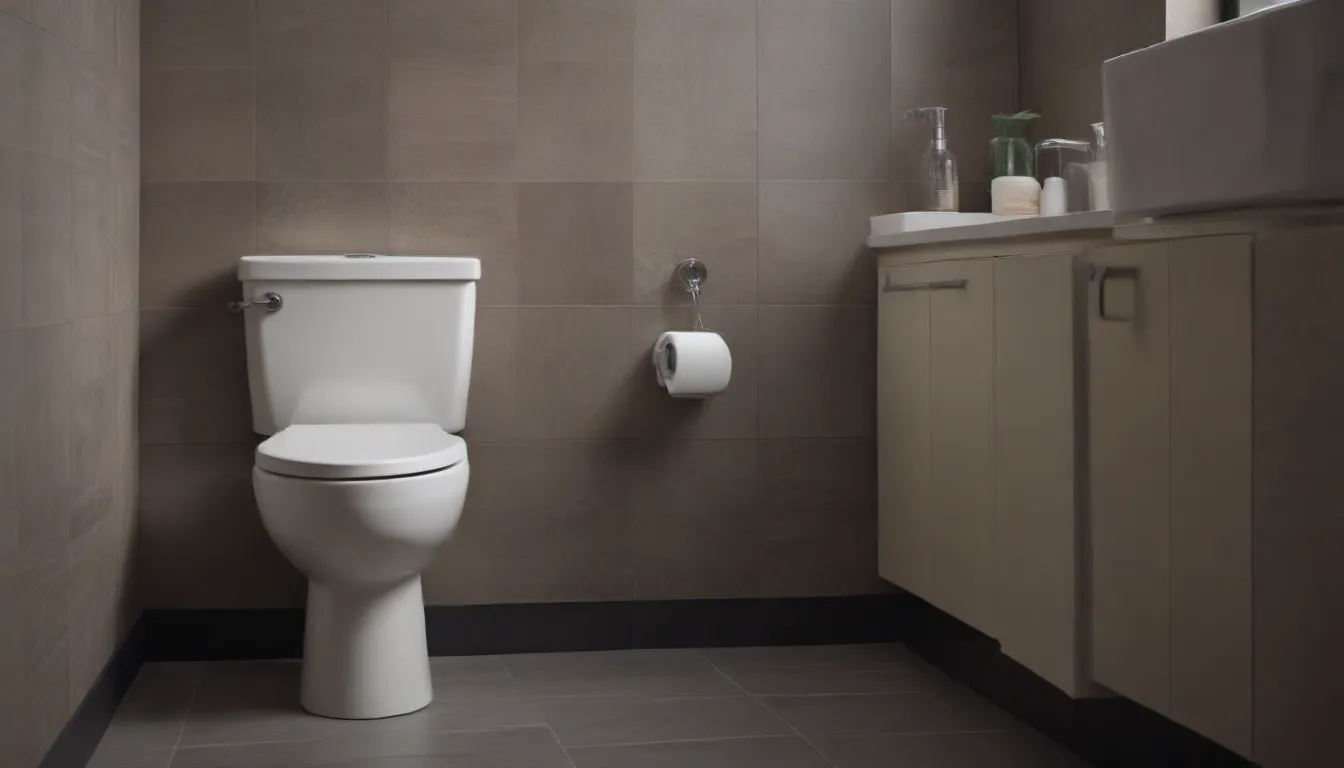
Are you looking to upgrade your bathroom with a new toilet? Not only does a new toilet improve the functionality of your bathroom, but it also saves water and can add a fresh look to the space. Whether you’re tired of constant repairs or simply want to modernize your bathroom, understanding the cost of toilet installation is essential. In this comprehensive guide, we’ll explore everything you need to know about toilet installation costs, different types of toilets available, factors that can affect installation costs, and whether you should opt for a DIY installation or hire a professional. So, grab a cup of coffee, sit back, and let’s dive into the world of toilet installation costs.
Understanding Toilet Installation Costs
Toilet installation costs can vary depending on the type of toilet you choose and the complexity of the installation. On average, toilet installation can cost anywhere from $240 to $695, with the average cost falling around $470. Keep in mind that these costs may fluctuate based on additional factors such as labor costs, the type of toilet, and any necessary repairs or upgrades. Let’s take a closer look at the different types of toilets available and their associated costs.
Two-Piece Toilet
- Average Cost: $390
- Cost Range: $110 – $670
Two-piece toilets are a popular and cost-effective option for many homeowners. With a separate tank and bowl, these toilets are easy to install and come in a variety of styles to suit your bathroom decor. The separate components also make it easier to replace individual parts if needed.
One-Piece Toilet
- Average Cost: $805
- Cost Range: $230 – $1,385
One-piece toilets offer a sleek and modern look with integrated tank and bowl. These toilets are easier to clean due to fewer seams and are well-suited for smaller bathrooms or powder rooms. While they may be heavier to handle during installation, one-piece toilets can be a stylish choice for your bathroom.
Dual-Flush Toilet
- Average Cost: $630
- Cost Range: $350 – $1,050
Dual-flush toilets offer the convenience of two flushing options – one for liquid waste and one for solid waste. These toilets are not only water-efficient but can also help you save on your water bill in the long run.
Bidet Toilet
- Average Cost: $1,340
- Cost Range: $275 – $2,400
Bidet toilets provide an extra level of hygiene with a targeted stream of water for cleaning. While they may cost more to install, bidet toilets offer added comfort and convenience in the bathroom.
Pressure-Assisted Toilet
- Average Cost: $910
- Cost Range: $385 – $1,435
Pressure-assisted toilets use water pressure to force waste down the sewer line, making them ideal for bathrooms with below-grade plumbing. While they may be louder than standard toilets, pressure-assisted toilets can help prevent clogs and backups.
Wall-Hung Toilet
- Average Cost: $1,375
Wall-hung toilets are mounted directly to the wall, saving space in small bathrooms and providing a modern look. These toilets may have higher installation costs due to the need to hide plumbing in the wall.
Composting or Waterless Toilet
- Average Cost: $1,410
- Cost Range: $790 – $2,035
Composting toilets are a sustainable choice for off-grid living or those looking to reduce water usage. These toilets separate solids and liquids to speed up the composting process, making them an eco-friendly option for your bathroom.
Smart Toilet
- Average Cost: $3,150
- Cost Range: $1,550 – $4,750
Smart toilets are the pinnacle of toilet innovation, featuring advanced features like self-cleaning systems, touchless flushing, and remote controls. While they may come at a higher price, smart toilets offer convenience and modern technology in the bathroom.
Factors Affecting Toilet Installation Costs
Aside from the type of toilet you choose, several other factors can impact the overall cost of installation. Here are some additional factors to consider when budgeting for your toilet installation project:
Labor Costs
- Average Cost: $430
- Cost Range: $175 – $685
Hiring a professional plumber for toilet installation can add to the overall cost of the project. Plumbers typically charge an average of $115 per hour, with rates ranging from $75 to $150 per hour. Complex installations like wall-hung or bidet toilets may require more labor and expertise, driving up the labor costs.
Flooring Replacement
- Average Cost: $15 per square foot
Replacing flooring during toilet installation can add to the overall cost of the project. Leaking toilets can cause damage to the subfloor and floor covering, necessitating repairs or replacement. It’s essential to factor in flooring costs when planning for your toilet installation project.
Removal and Disposal of Old Toilet
- Average Cost: $140
Removing and disposing of the old toilet is another cost to consider when installing a new toilet. Hiring a professional to remove the old toilet can add to the overall cost, but you can reduce costs by removing the toilet yourself and donating it to organizations like Habitat for Humanity.
Toilet Relocation
- Average Cost: $2,875
Relocating a toilet from its original position can be a more expensive option, as it involves installing new drain and water supply lines, removing parts of the floor, and meeting municipal regulations. If you’re considering relocating your toilet, be prepared for additional costs and permits.
DIY vs. Professional Installation
Deciding whether to tackle toilet installation as a DIY project or hire a professional plumber depends on your skill level and the complexity of the installation. While basic toilet installations can be done by DIYers with moderate plumbing knowledge, more complex installations like wall-hung or pressure-assisted toilets may require professional help. Keep in mind that hiring a plumber can add to the overall cost of the project but ensures a professional and efficient installation.
Signs You Need a New Toilet
If your current toilet is showing signs of wear and tear, constant repairs, or isn’t meeting water-saving standards, it may be time to consider a new toilet. Cracks, leaks, or outdated models are all indicators that a new toilet may be needed. Installing a new toilet is a relatively straightforward process that can be done by DIYers with some plumbing experience.
In conclusion, when planning for a toilet installation project, it’s essential to consider the type of toilet, labor costs, additional factors like flooring replacement, and whether to opt for DIY or professional installation. By understanding the costs and factors involved in installing a new toilet, you can make an informed decision that fits your budget and bathroom needs. Whether you choose a traditional two-piece toilet or a high-tech smart toilet, investing in a new toilet can improve the functionality and aesthetics of your bathroom for years to come. Happy toilet shopping!
Sources:
– Forbes Home
– Fixr
– Architectural Digest
– HomeAdvisor
– This Old House
– Home Depot
